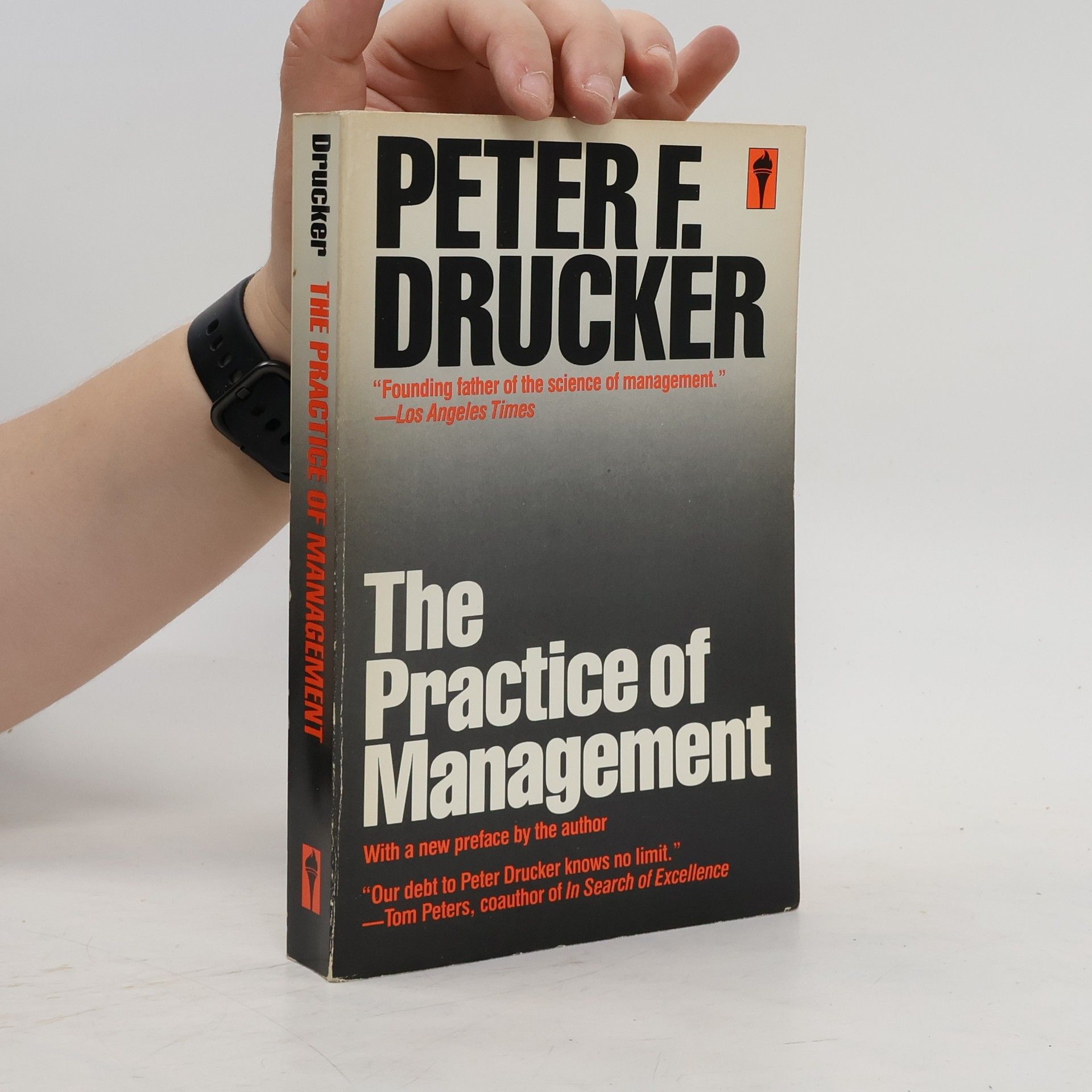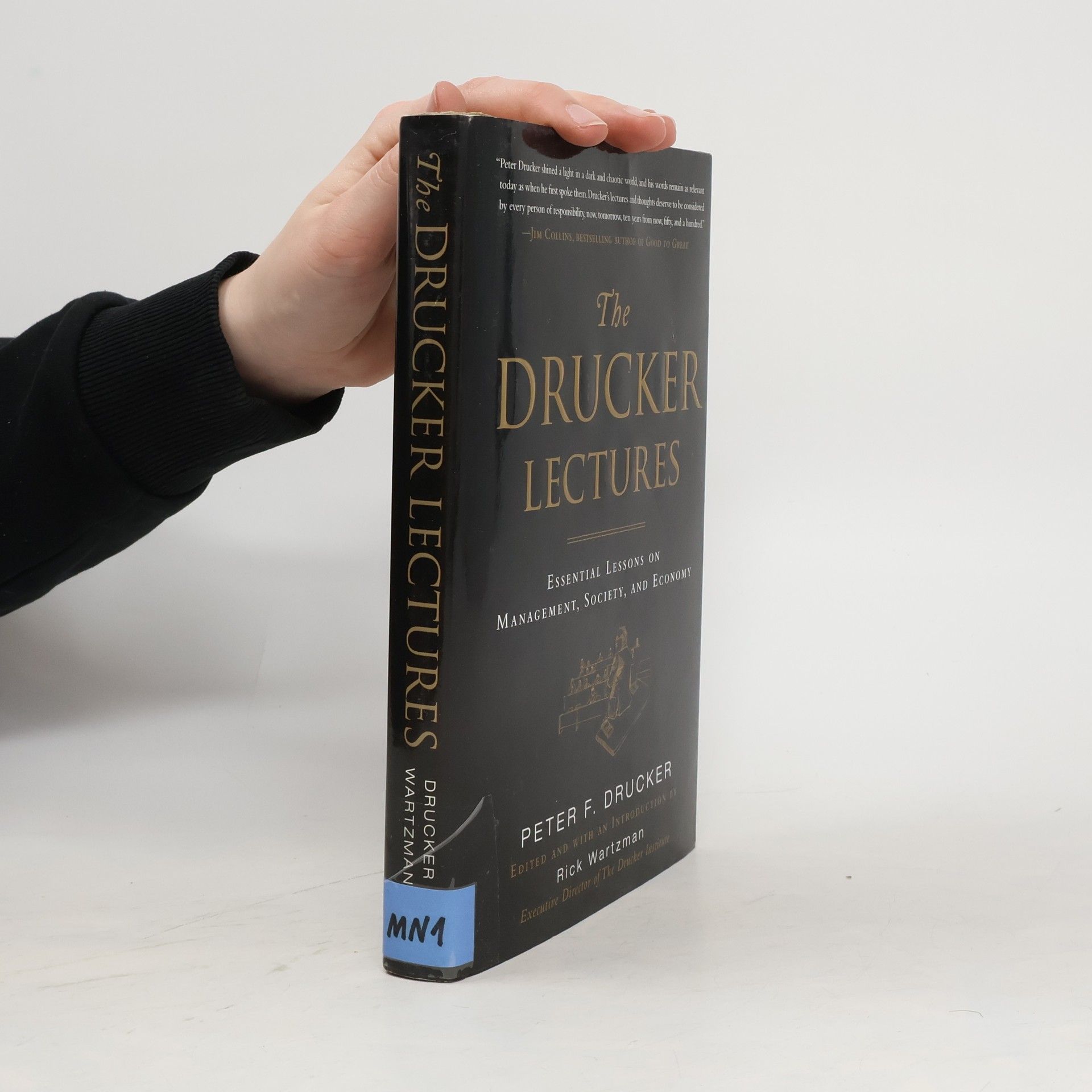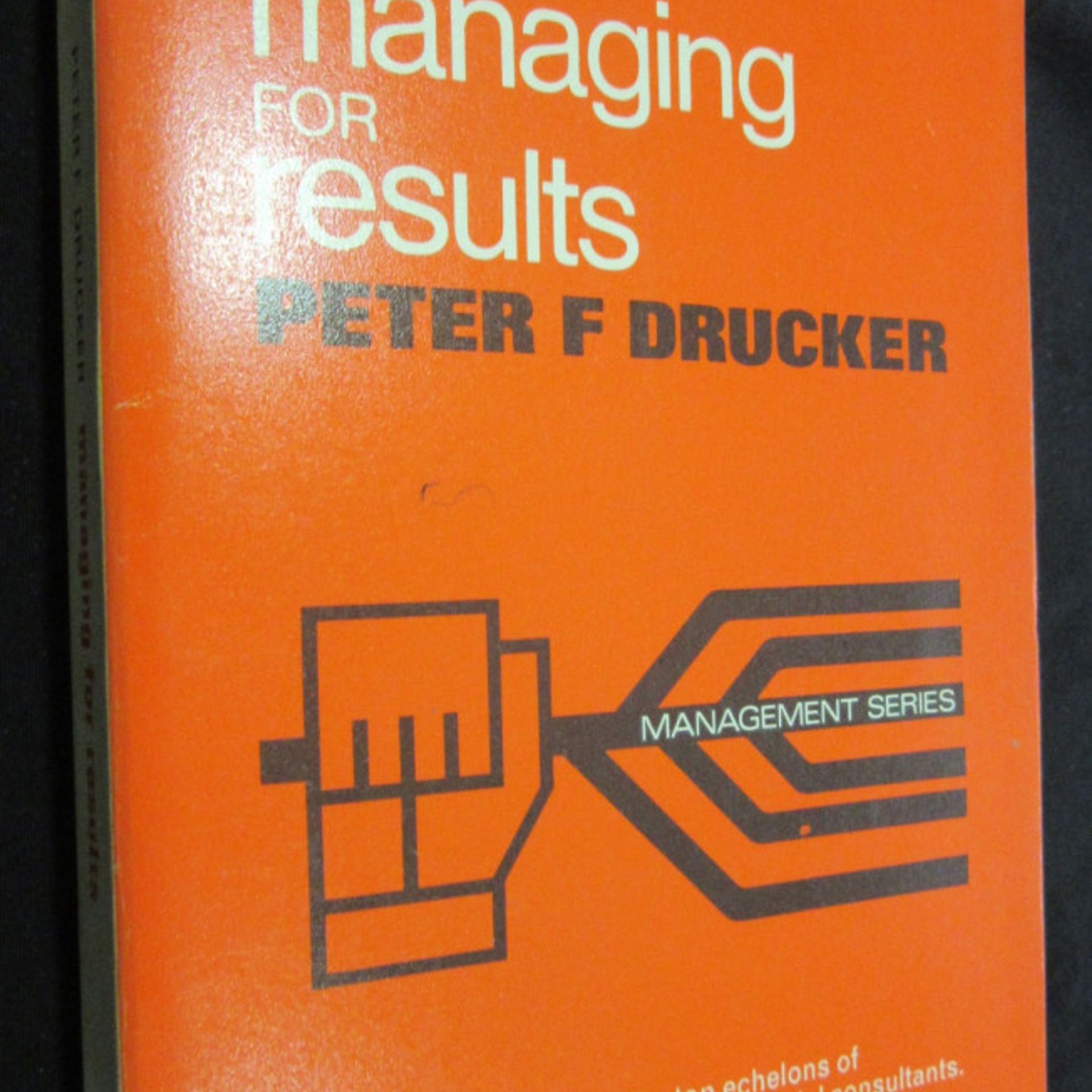Adventures of a Bystander
- 344 páginas
- 13 horas de lectura
"It is [a] belief in diversity and pluralism and the uniqueness of each person that underlies all my writings . . . " -from the Preface. Peter Drucker, a highly regarded thinker on modern organizations, also offers unique insights into politics, the economy, and society. His work spans key areas, addressing employee issues, technology's impact, market fluctuations, and the evolving global landscape. In this rich collection of autobiographical stories, Drucker shares his remarkable life journey, from his teenage years in Vienna through significant historical events like World War II and the postwar period in America. He profiles a diverse array of individuals, whose personal histories intertwine with his own, reflecting the transformative thirty years from the end of World War I to the early post-World War II decade. This colorful cast includes notable figures such as Sigmund Freud, Henry Luce, and Buckminster Fuller, each contributing to the narrative's vivid portrayal of a tumultuous era. Drucker's encounters, such as with Freud, provide deep insights into the socio-political landscape of pre-war Europe. The memoir not only illuminates a critical period in history but also showcases Drucker’s imaginative empathy and profound interest in people and ideas. The stories complement his analytical writings, offering a captivating glimpse into a vanished social and political universe.










